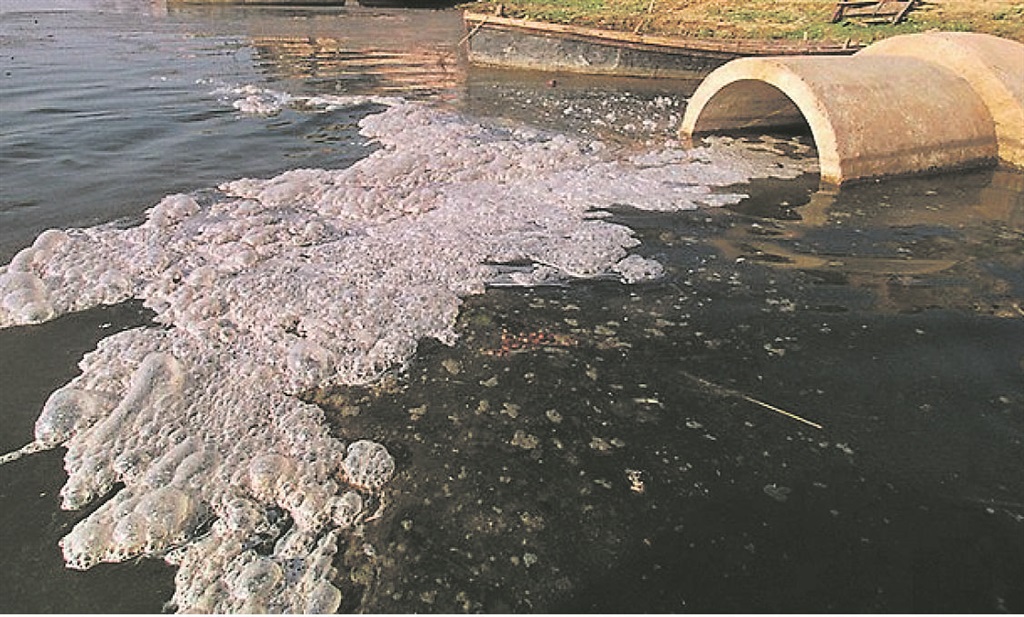
Former water and sanitation minister Nomvula Mokonyane has been harshly criticised for “killing” an “excellent” incentive programme for wastewater treatment during her tenure by delaying inspections and stopping reports from being made public.
This, researchers say, stymied progress made in overseeing the country’s sewage treatment plants, particularly those around the Vaal River, into which an estimated 150 megalitres of raw sewage spill each day.
Dr Victor Munnik, an independent researcher and research associate at the Rhodes Institute for Water Research, made this claim on Thursday during his presentation at the SA Human Rights inquiry on whether the state of the Vaal River violates or threatens human rights.
In late 2008, the department introduced a Green Drop certification programme for wastewater treatment works to ensure they improved operations and did not negatively affect the water bodies into which they discharged treated effluent. The system aimed to award water service authorities with Blue or Green Drop status if they complied with drinking water and wastewater legislation, respectively, as well as other best practices.
But the programme was beset by delays from 2014 after Mokonyane was appointed.
“It was an excellent programme. It identified the core issues. Most technical and management issues at the wastewater works had a step-by-step improvement programme. It also had a public participation component, where the publication of results was key,” Munnik told the inquiry.
“However, the former minister killed the programme through delays in inspections and by stopping reports from going public. Reports were given directly to municipalities, but there was no obligation to release them, so it defeated the objective of public pressure on municipalities.”
One of the reasons Munnik praised the now defunct programme was that it developed 11 criteria that, if followed, would radically improve the performance of sewage plants.
“So the wastewater works would display the results they achieved publicly [after inspection], which would assure citizens that they were well run. There were certain percentage points to show you had the right number of staff, had a monitoring programme, reported failures, had a stormwater plan, abided by bylaws and, importantly, informed the public of your results,” he said.
Munnik and a team of civil society representatives launched a project to support local municipalities around the Vaal in preparation for Green Drop inspections.
“We started having capacity-building workshops and worked with staff at wastewater works, including Sebokeng and Rietspruit. We found the staff to be enthusiastic participants. They came to meetings, shared information and took us on walks through the wastewater works,” he said.
“However, when we worked up the chain with local government, we found that the support programmes for wastewater works were not what they should be.”
Municipalities did not support treatment plants as they didn’t provide adequate staff and budgets, and they didn’t help with procurement.
“There was no secretarial support, so paperwork was in chaos. Even small issues like having chlorine available was a problem,” he said.
After this, Munnik said, staff morale dropped and “people lost interest”. He argued that public awareness and participation was important to keep officials accountable.
“There are a number of human rights abuses caused by the water quality of the river. The fisher folk who fish for themselves and for small-scale sales are in danger from eating the fish,” he said.
“The traditional healers who see the river as a sacred place for their rituals and who perform submersions are also in danger, as are the small farmers who use the water from the river.”




 Publications
Publications
 Partners
Partners









